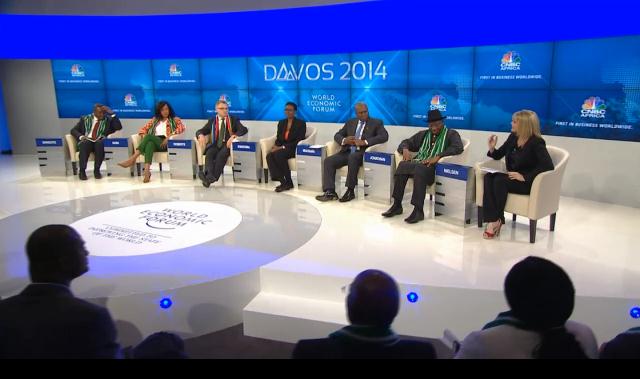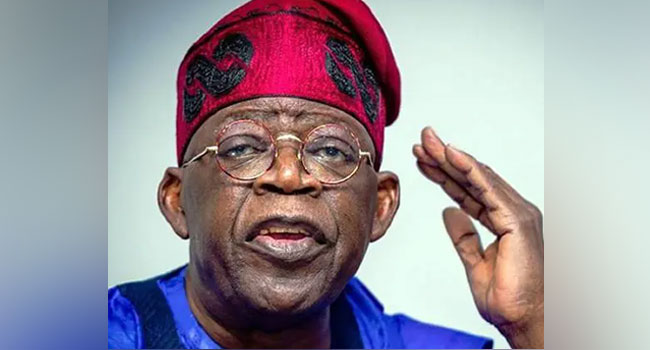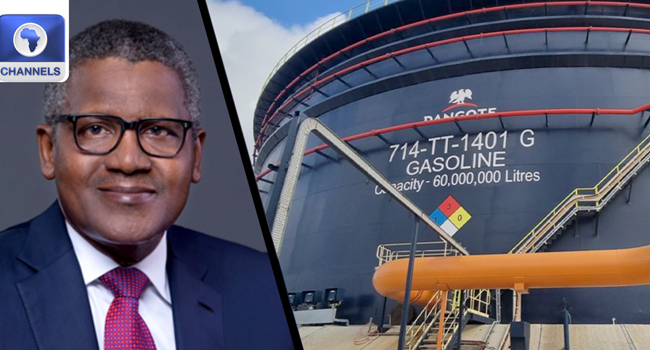
Davos has always been the meeting point for global leaders, business and political elites and members of the 4th estate.
For almost half a century, except in 2002 when the annual meeting was held in New York as a gesture of solidarity with the United States following the 9/11 terrorist attacks, the annual World Economic Forum meeting has always been held in Davos with the World Economic Forum Executive Chairman, Professor Klaus Schwab.
The World Economic Forum annual meeting consists of some 250 sessions designed to reshape the world.
With over 2,500 delegates at this year’s annual meeting, Nigeria’s strong delegation led by President Goodluck Jonathan is a scene to behold especially with the finely woven mufflers, distinctively announcing the rich colors of the oil rich nation with loads of economic potentials to showcase.
At one of the sessions titled “Africa’s Next Billion”, panelists agreed that Africa needs to create an enabling environment for domestic and foreign investment so that the continent can realize its full potential.
With Africa’s population expected to rise to 2 billion by 2050, the forum noted that the foundation for sustainable and inclusive growth must be laid immediately.
President/CEO Dangote Group and co-chair of the meeting, Aliko Dangote, pointed out that most people underestimate what Africa can be.
Dangote maintained that foreign investors will only be attracted to the Nigerian economy if domestic investors take the lead.
Nigeria is projected to rank among the top 20 economies by 2050 and the driver may just be in this sentiment echoed by other members of the Nigerian delegation
Coupled with the policies, most believe economic growth should be championed by the private sector.
The Minister of Agriculture, Dr Akinwumi Adeshina noted that agriculture used to be the bedrock of Nigeria’s economy before the discovery of oil, adding that the more farmers are empowered, the faster wealth will be created and a more attractive economy will be in place.
Group Managing Director/Chief Executive Officer, First Bank of Nigeria Plc, Mr Bisi Onasanya and the Chief Executive Officer, of the Nigeria Stock Exchange, Mr Oscar Onyema noted that with investments expected to rise, the capital market’s ability to absorb financial shocks are also investors’ concern. This includes monetary policy decisions that affect key sectors.
As the world converges at the Federal Capital Territory, Abuja, for the World Economic Forum Africa in May, the event provides an opportunity for economic diplomacy for Nigeria as the successful hosting of the event according to economic watchers will further boost the appreciation of Nigeria.
It will also enable Nigeria the opportunity to attract new investment and strengthen efforts to diversify the country’s production base, generate employment and attain the goal of inclusive growth.
Over two hundred international and local journalists will be in Nigeria for the World Economic Forum Africa in May, 2014.




